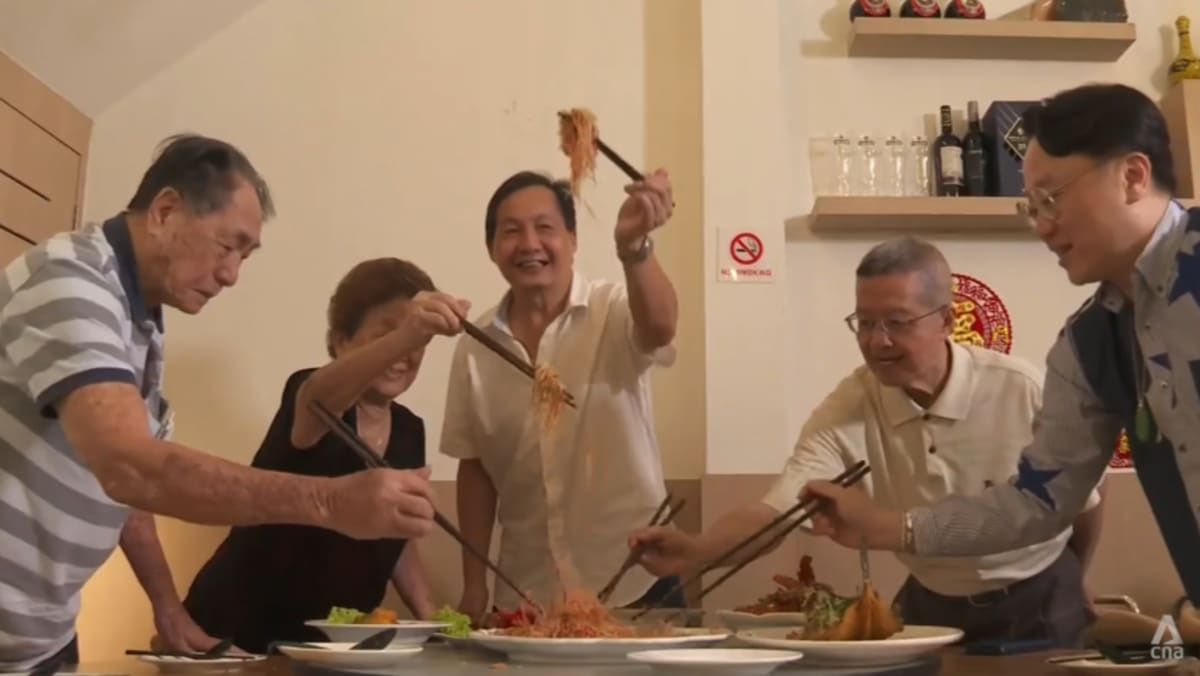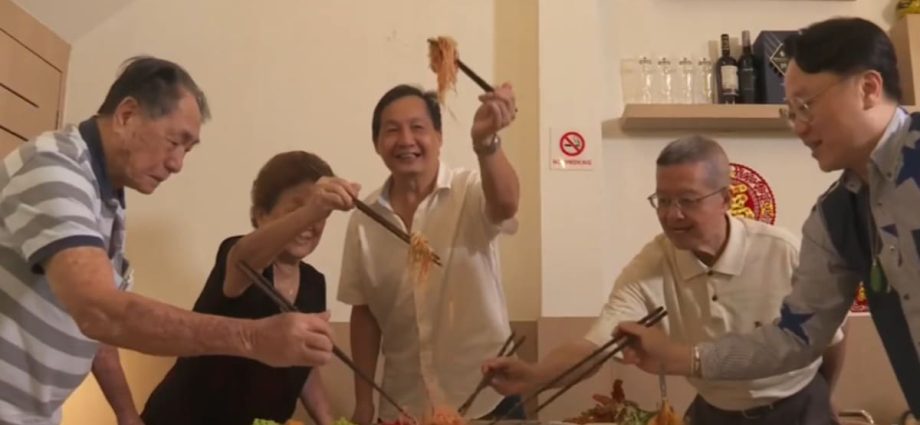
At chain restaurant Yun Nans, reservations have fallen about 30 per cent in the past few weeks. The volume of sales for its Chinese New Year takeaway sets has also plummeted by half.
To entice customers, the eatery, which serves specialty cuisine from China’s Yunnan province, is keeping prices stable and offering promotions.
“Usually, we would bump prices up by 5 per cent during the Chinese New Year period, but this year we did not increase prices,” said Mr Tommy Lu, co-founder and Singapore CEO of the chain.
The restaurant has also partnered Citibank to dangle deals, and is looking to offer a discount for its takeaway customers closer to the festive period.
Aside from the prices of ingredients and customers’ waning appetite for costly menus, Mr Lu said that businesses are also facing competition from hawker centres and coffee shops, where more vendors are increasingly replicating dishes traditionally served in a restaurant.
MANPOWER WOES
Some businesses are also facing a labour crunch this peak period, especially those with a significant number of Malaysian employees.
With less than three weeks until Chinese New Year, some employees are starting to take leave to return home and prepare for the holidays.
One hair salon with Malaysians filling about 40 per cent of its roster has extended shift hours for other staff to make up for the manpower loss.
This is in contrast to its approach last year, when the hair stylists were given pay incentives to take less leave and stay in Singapore longer.
Ms Cherie Adams, the general manager of Be Salon, which has two outlets in the central area, said the firm is unable to do the same this year because of rising costs.
“Due to the lack of manpower, our working hours need to be extended in order to cater to the demand. Our hairstylists will also come back during their off days to serve their customers,” she said.

